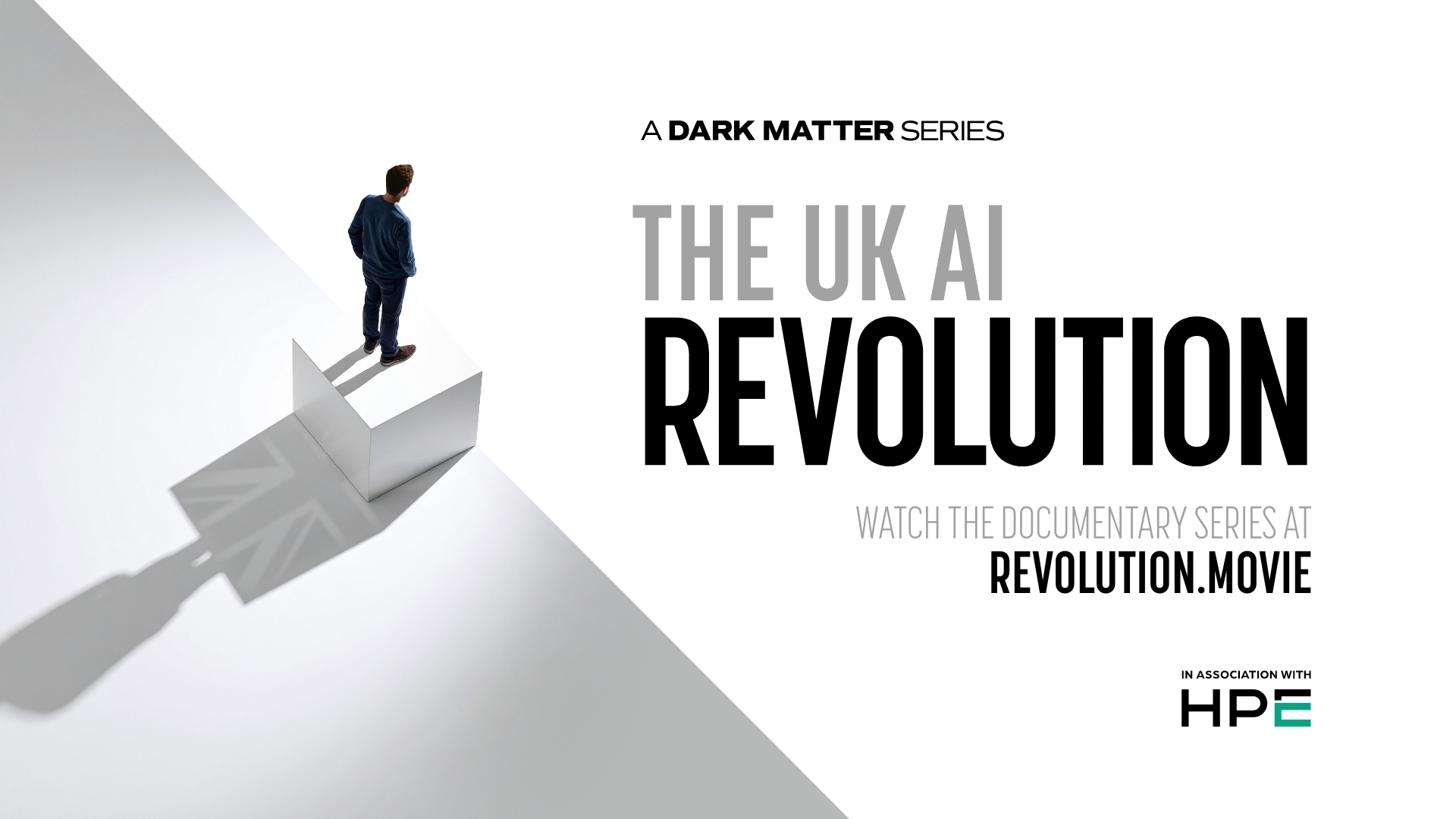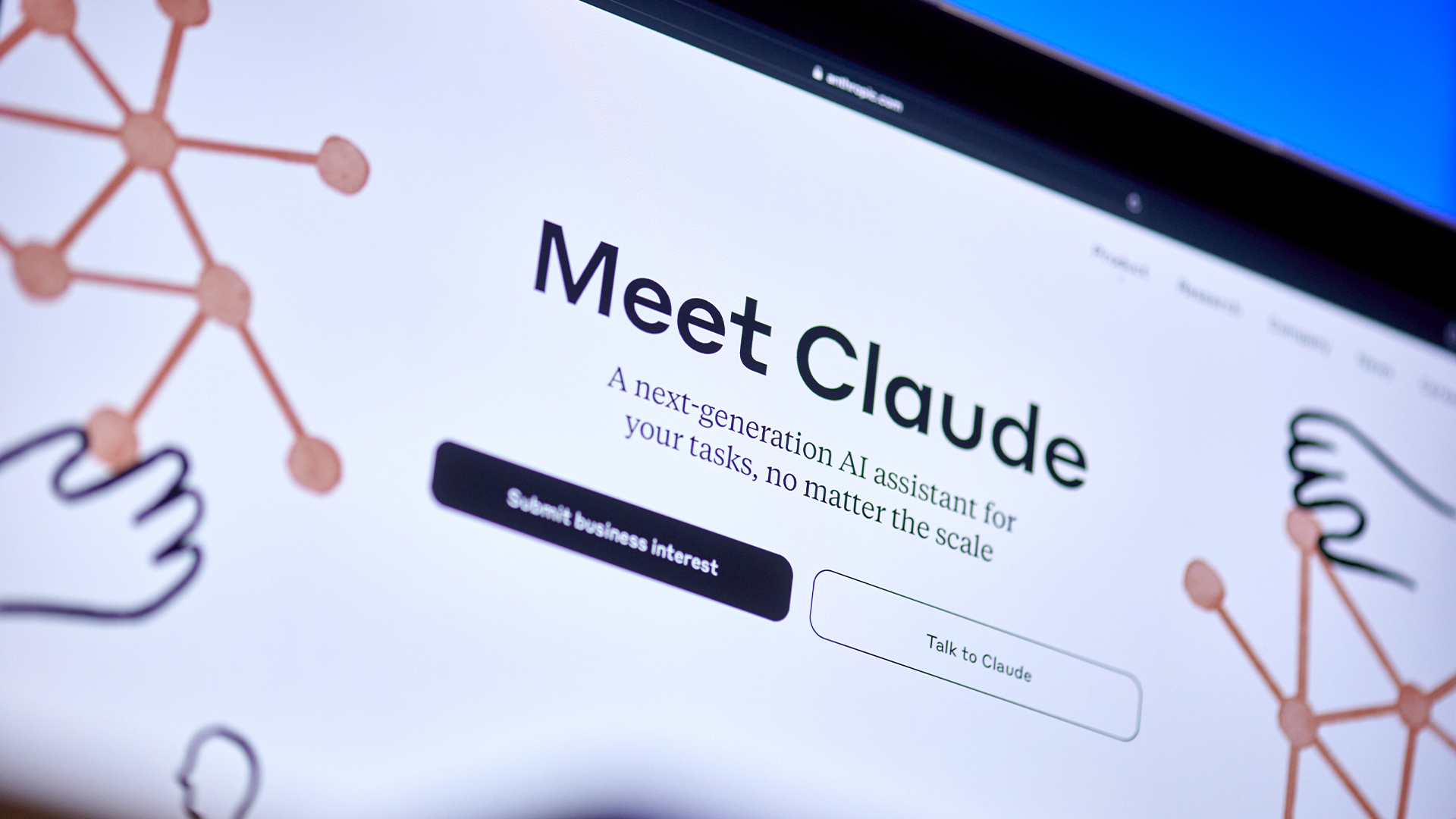Rampant skills gaps should be a ‘wake-up call for every leader’ as AI, tech talent shortages hamper growth
AI and broader tech skills are two of the three biggest headaches for tech leaders


HR and learning and development (L&D) professionals across the US, UK, Germany, and Australia are seriously worried about skill shortages.
Only one-in-ten told researchers for Skillsoft's 2025 Global Skills Intelligence Survey that they were fully confident that their workforce had the skills needed to meet business goals over the next 12 to 24 months.
Nearly a third (28%) said they saw skills as the key factor that could make or break their organization’s growth, with leadership, AI, and technology showing up as the most significant shortages.
However, the respondents weren't particularly impressed with the measures their organizations were taking to deal with the skills shortage. Many said they were relying on talent strategies and development programs that were outdated and disconnected from workplace outcomes.
While 85% of respondents have talent development systems in place, only 6% rate them as 'outstanding', and just 20% believe their talent strategies are aligned with organizational goals.
Just under a quarter (24%) are using a consolidated platform approach that provides a clear view of workforce capability. Similarly, respondents complained that their current solutions were fragmented, overly manual, and lacked customization.
“Business transformation depends on the strength, adaptability, and skills of the workforce. These findings should be a wake-up call for every leader,” said Ciara Harrington, chief people officer at Skillsoft.
Sign up today and you will receive a free copy of our Future Focus 2025 report - the leading guidance on AI, cybersecurity and other IT challenges as per 700+ senior executives
“Skills gaps are already impeding growth, and traditional approaches to talent development are only worsening the issue.
"To compete in today’s human-AI world, organizations must place skills at the centre of their strategy and evolve toward integrated platforms that connect learning, skills intelligence, and performance in a single place, unlocking a workforce ready for change and innovation.”
AI skills are the biggest problem for UK firms
In the UK, 30% of business leaders reported significant AI skills gaps, ahead of leadership and people management skills at 26%, and technical skills at 18%.
But there was also a big problem with 'overstatement' of skills in these areas. This, respondents noted, was exacerbating skill gaps (39%), reducing team cohesion (36%), and increasing manager stress (33%).
Organizational challenges included poorly-addressed employee engagement issues, cited by 33%, with 27% reporting that their organization was focused on the present rather than planning for the future.
Meanwhile, 26% said employees were being promoted without adequate preparation.
When asked about their future of work concerns, 37% said they feared losing top talent to more agile competitors, 33% cited burnout as a barrier to transformation, and 24% said they’re worried that AI is advancing faster than workforce skillsets.
With AI specifically, 41% said their workforce was resistant to change and 28% said they needed greater technical expertise.
"As workforce needs continue to shift, the research points to the value of connecting skills to every facet of business strategy," the researchers said.
"Leaders who understand their organization’s strengths and gaps – and act on that insight - will be positioned to adapt faster, perform better, and stay competitive in a changing market."
Make sure to follow ITPro on Google News to keep tabs on all our latest news, analysis, and reviews.
MORE FROM ITPRO
- The impact of the IT skills shortage on business
- These are the top 'soft skills' your business needs to succeed with AI
- AI skills training can't be left in the hands of big tech
Emma Woollacott is a freelance journalist writing for publications including the BBC, Private Eye, Forbes, Raconteur and specialist technology titles.
-
 The UK AI revolution: navigating the future of the intelligent enterprise
The UK AI revolution: navigating the future of the intelligent enterpriseAs AI reshapes industries and societies, decision-makers in the UK face a critical choice: build a sovereign future or merely import it.
-
 Turning the UK AI revolution into a sovereign reality
Turning the UK AI revolution into a sovereign realityThe UK AI Revolution documentary series posed difficult questions about AI’s hype, control, and future. Now, IT leaders must find the architectural answers
-
 Want to get the most out of Anthropic’s Claude AI assistant? This new training course will give you prompt engineering tips and how to use Claude Code
Want to get the most out of Anthropic’s Claude AI assistant? This new training course will give you prompt engineering tips and how to use Claude CodeNews New Coursera specializations aim to help Claude users of all levels brush up on their skills
-
 AI is redefining roles in the tech industry and forcing Gen Z workers to reassess career paths
AI is redefining roles in the tech industry and forcing Gen Z workers to reassess career pathsNews Gen Z workers remain cautious about AI while industry turbulence is changing their outlook on company loyalty
-
 Databricks wants to train 100,000 people in AI across the UK and Ireland – here's how to get involved
Databricks wants to train 100,000 people in AI across the UK and Ireland – here's how to get involvedNews The company will work with government and academic institutions to bolster AI and data skills
-
 IT and business pros call for more tech training
IT and business pros call for more tech trainingnews Projects are being abandoned thanks to a lack of tech skills
-
 Enterprises are concerned about ‘critical shortages’ of staff with AI ethics and security expertise
Enterprises are concerned about ‘critical shortages’ of staff with AI ethics and security expertiseNews Tech leaders are reporting higher demand for AI literacy and “human skills”
-
 These are the UK industries facing the biggest digital skills gaps in 2025
These are the UK industries facing the biggest digital skills gaps in 2025News Analysis of job vacancies shows that the digital economy is accelerating too quickly for the workforce to keep up with
-
 These are the top 'soft skills' your business needs to succeed with AI
These are the top 'soft skills' your business needs to succeed with AINews Technical capabilities can only take a business so far with AI adoption, according to Multiverse
-
 ‘A major step forward’: Keir Starmer’s £187 million tech skills drive welcomed by UK industry
‘A major step forward’: Keir Starmer’s £187 million tech skills drive welcomed by UK industryNews The ‘TechFirst’ program aims to shore up the UK’s digital skills to meet future AI needs
